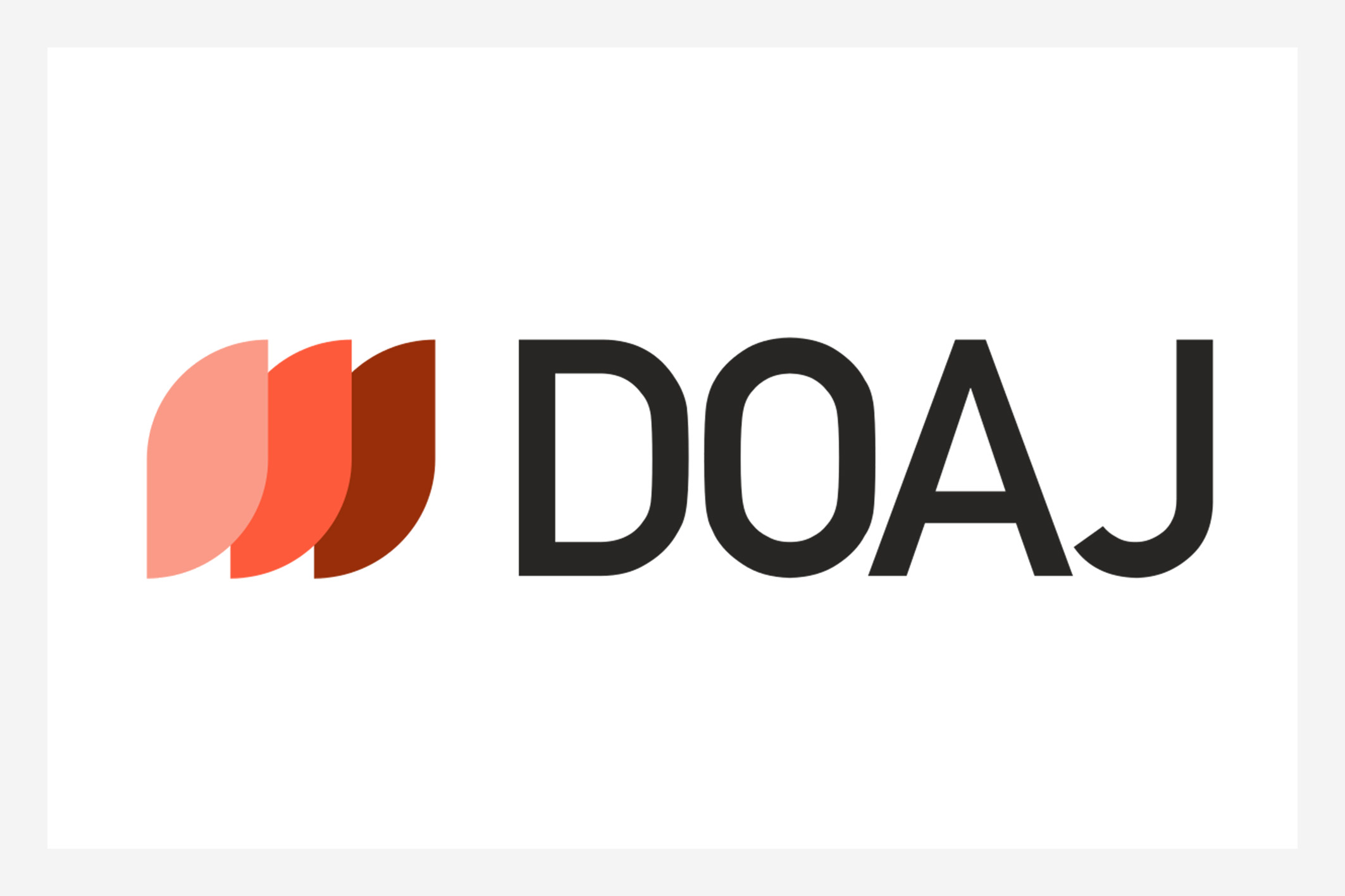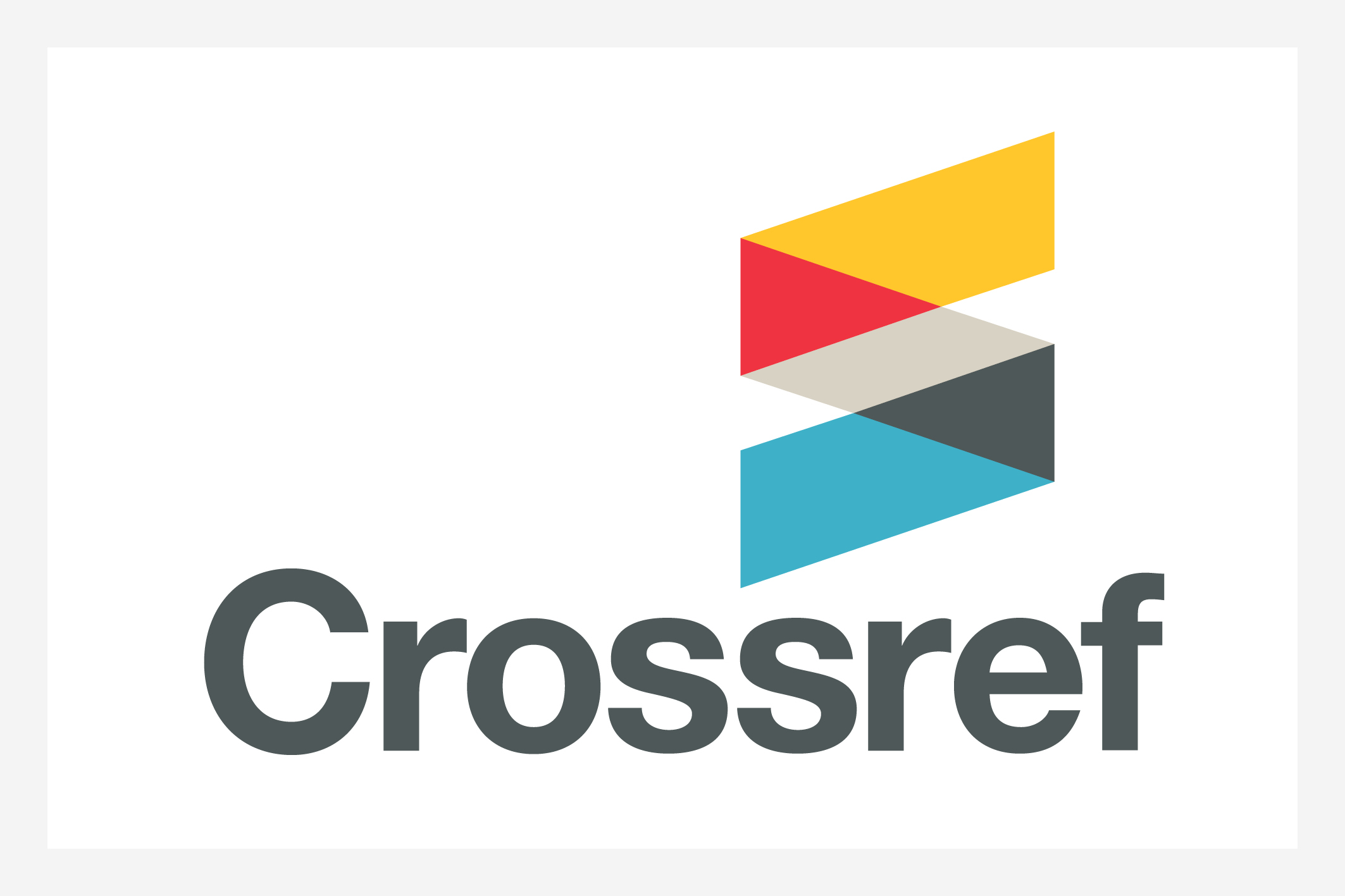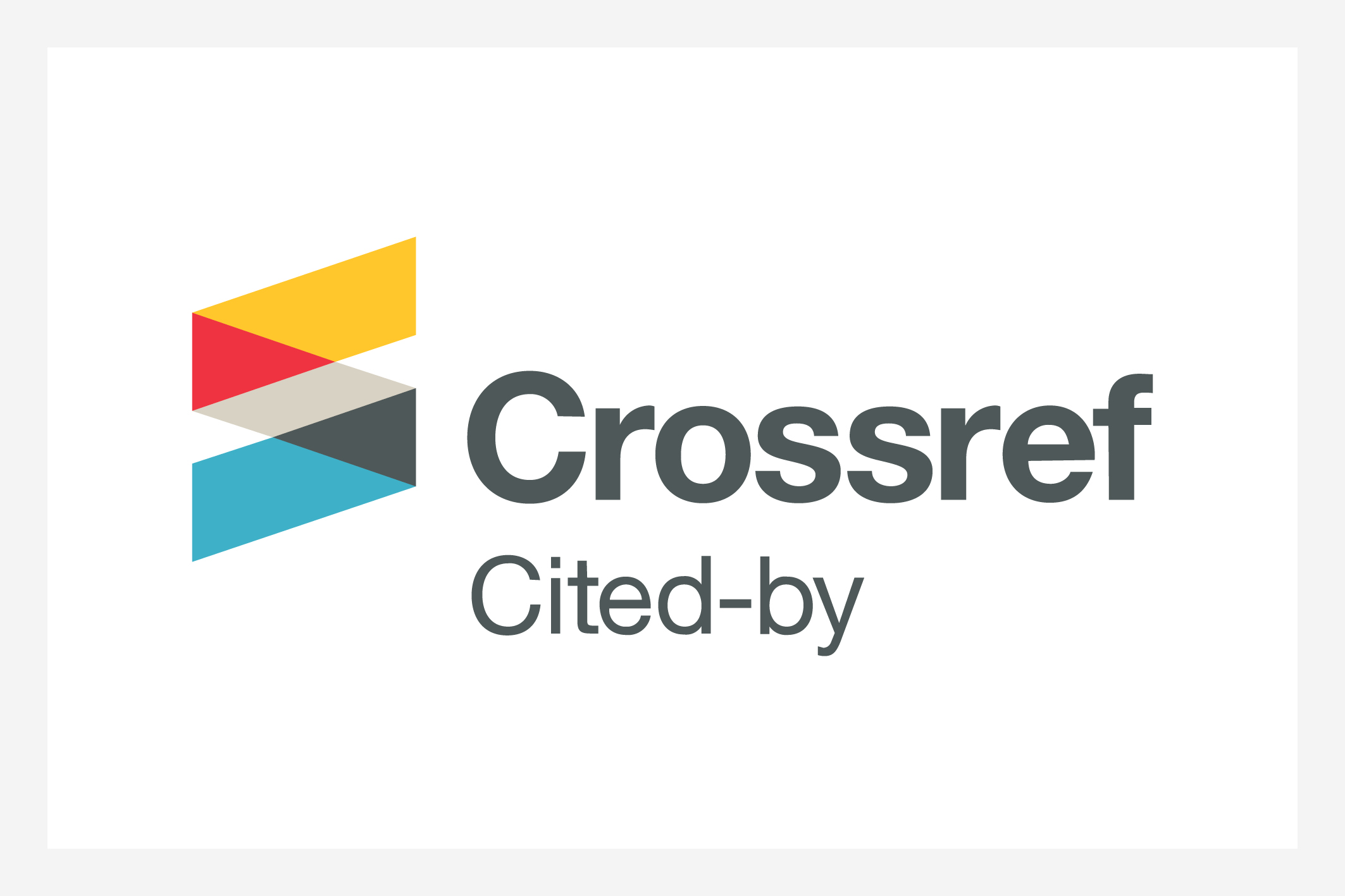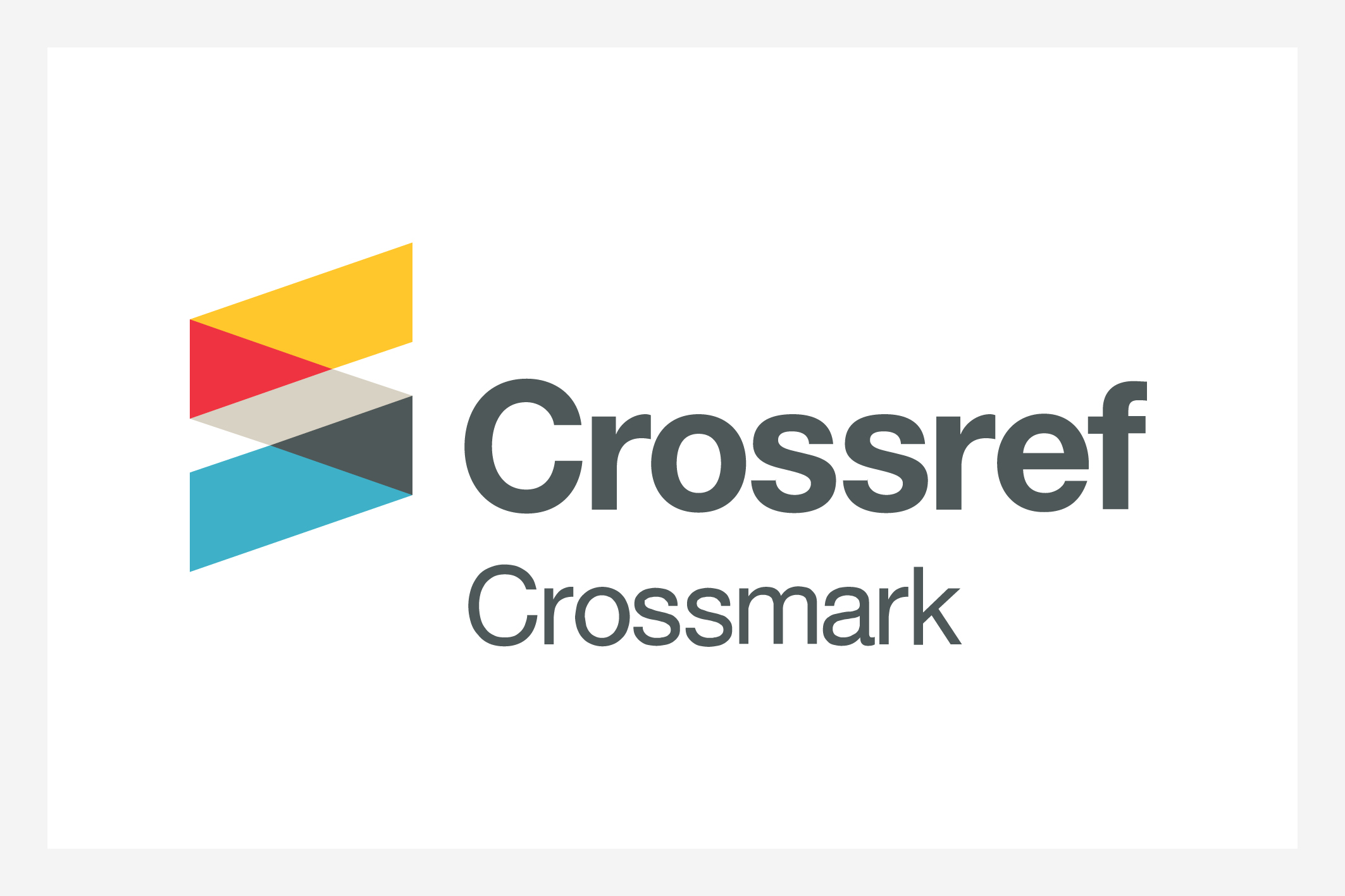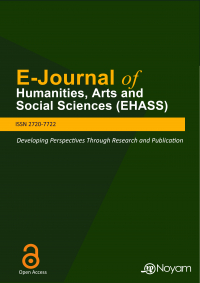
Assimilating Bush Mechanics into the Small-Scale Motor Industry in Africa: A Personal and Academic Exploration
Issue: Vol.6 No.10 Article 21 pp.2529 – 2543
DOI: https://doi.org/10.38159/ehass.202561021 | Published online 26th September, 2025
© 2025 The Author(s). This is an open access article under the CCBY license (http://creativecommons.org/licenses/by/4.0/).
Bush mechanics play a crucial role in the automotive repair sector across Africa, particularly in underserved rural and semi-urban areas where formal auto repair services are scarce. These mechanics offer affordable services and provide employment opportunities, yet they operate in an informal sector that faces numerous challenges. This has led to inefficiencies and limited their potential for growth and contribution to national economies. This article, therefore, explored the significance of bush mechanics within Africa’s motor industry, particularly in South Africa, and the challenges they face in formalizing their operations. It also sought to identify strategies to integrate them into the formal economy, thereby improving their efficiency, safety, and economic impact. The study used a literature review approach, drawing on recent scholarly sources, government reports, and case studies from various African countries. The analysis focused on the regulatory and financial barriers that bush mechanics face, as well as the potential benefits of formalising this informal sector. The findings revealed that bush mechanics are hindered by the absence of regulatory frameworks, financial constraints, and outdated tools, which reduce their productivity. However, formalization efforts, such as providing access to modern equipment, funding, and certifications, could significantly enhance their contribution to local and national economies. In conclusion, formalization of bush mechanics is essential to improve their operations and expanding their economic contributions. By addressing the regulatory and financial barriers they face, African governments can help bush mechanics scale their businesses, enhance their efficiency, and contribute more effectively to economic development, particularly in underserved communities.
Keywords: Bush Mechanics, Informal Economy, Automotive Repair, Formalisation, Economic Development
Brederode, William. “ Tinker Townships: Informal Mechanics the Big Winners in SA’s e-Hailing Boom.” News24, July 15, 2023. https://www.news24.com/news24/tech-and-trends/news/tinker-townships-informal-mechanics-the-big-winners-in-sas-e-hailing-boom-20230715.
Chen, Martha, and Françoise Carré. The Informal Economy Revisited: Examining the Past, Envisioning the Future. Routledge, 2020.
Etim, Ernest, and Olawande Daramola. “Investigating the E-Readiness of Informal Sector Operators to Utilize Web Technology Portal.” Sustainability 15, no. 4 (2023): 3449.
Gollin, Douglas. “The Lewis Model: A 60-Year Retrospective.” Journal of Economic Perspectives 28, no. 3 (2014): 71–88.
Hamaguchi, Nobuaki, Hiroyuki Hino, Charles Piot, and Jiahan Yin. “Multi-Dimensional Informality and Heterogeneity of Microenterprises in Urban Africa.” The Japanese Economic Review, June 20, 2025. https://doi.org/10.1007/s42973-025-00212-w.
International Labour Organization. “Informal Economy and Atypical Forms of Employment.” Geneva: International Labour Organization, 2018. https://www.ilo.org/global/topics/employment-promotion/informal-economy/lang–en/index.html.
International Labour Organization (ILO). “ Women and Men in the Informal Economy: A Statistical Picture.” Geneva: ILO, 2018. https://www.ilo.org/global/publications/books/WCMS_626831/lang–en/index.html.
———. “Strengthening Apprenticeship Systems in the Informal Economy,” 2025. https://www.ilo.org/sites/default/files/2025 01/Report_Cotonou_workshop_EN.pdf.
Jordaan, Chris, Adele Bezuidenhout, and Schultz. “A Process Model Recognising Prior Learning of Informal Sector Motor Mechanics.” South African Journal of Higher Education 32, no. 2 (2018): 143–56.
Kumalo, Siboniso N., and Irrshad Kaseeram. “The Determinants of Self-Employment of Black Entrepreneurs in Ladysmith, KwaZulu-Natal.” Acta Commercii 19, no. 1 (June 5, 2019). https://doi.org/10.4102/ac.v19i1.616.
Macpherson, Wayne E., and Amanda Werner. “Continuum of Job Loss and Job Creation: Insights from Automotive Organisations in South Africa.” SA Journal of Human Resource Management 23 (2025): 2895.
Masehela, Kgabo. “A South African Perspective on the Solidification of Auditors’ Competence in the Areas of Testing for the Presence of Fraud and Corruption, Post-Independence Development in Africa,” 2022.
Michael, Akpakpavi. “Modern Automobile Vehicle Repair Practices in Micro, Small and Medium Scale Garages in Ghana.” International Journal of Science, Technology and Society 2, no. 6 (2014): 216. https://doi.org/10.11648/j.ijsts.20140206.19.
Moyo, Busani. “Factors Affecting the Probability of Formalizing Informal Sector Activities in Sub Saharan Africa: Evidence from World Bank Enterprise Surveys.” African Journal of Economic and Management Studies 13, no. 3 (August 30, 2022): 480–507. https://doi.org/10.1108/AJEMS-06-2021-0304.
Moyo, Nathan. “Covid-19 and the Future of Practicum in Teacher Education in Zimbabwe: Rethinking the ‘New Normal’in Quality Assurance for Teacher Certification.” Journal of Education for Teaching 46, no. 4 (2020): 536–45.
Phenyo, S. “Cabinet Approves Final Funding Policy to Support MSMEs and Cooperatives, Targeting Economic Growth and Job Creation.” Central News South Africa, September 20, 2024. https://centralnews.co.za/cabinet-approves-final-funding-policy-to-support-msmes-and-cooperatives-targeting-economic-growth-and-job-creation.
Quendler, Erika, and Friedrich Schneider. “The Shadow Economy, an Enigma, in the Agriculture of 15 EU Member States over the Period 1996–2019.” Annual Review of Resource Economics 16, no. 1 (2024): 63–81.
Rogan, Mike. “Informal Workers in Urban South Africa: A Statistical Snapshot.” WIEGO Statistical Brief 19 , 2019, 1–4.
Sakarombe, Upenyu. “Integrating Informal Economy into Official Economy in Southern Africa: Identifying Barriers and Possible Solutions.” UDSM Online Journal Testing 10, no. 1 (2020): 105–22.
Sanda, Mohammed-Aminu, and Juliet Nugble. “Situational Assessment of Noise and Ergonomic Factors in Welding Activities: Implications on the Well-Being of Ghanaian Informal Auto-Mechanics.” In International Conference on Applied Human Factors and Ergonomics, 142–48. Cham: Springer International Publishing, 2020.
Schenck, C. J., D. Blaauw, N. Theodore, and R. Niyobuhungiro. “Informal Tyre Dealers in South Africa: An Assessment of Their Contributions to a Circular Economy.” Urban Forum 35, no. 1 (March 27, 2024): 65–81. https://doi.org/10.1007/s12132-023-09502-1.
Schneider, Friedrich, and Dominik H. Enste. The Shadow Economy. Cambridge University Press, 2003. https://doi.org/10.1017/CBO9780511493591.
Sumner, A. “Is the Lewis Model of Economic Development Still Relevant to Developing Countries?” GPID / ESRC Global Poverty & Inequality Dynamics, 2018. https://gpid.univie.ac.at/2018/04/13/is-the-lewis-model-of-economic-development-still-relevant-to-developing-countries.
Simiso Madiba recently completed his PhD in Development Studies, specialising in governance, development, and public policy. His doctoral research explored institutional capacity building and service delivery in South Africa, with a focus on strategies to enhance municipal governance and improve the responsiveness of local governments to community needs. Building on this foundation, he is currently pursuing a Bachelor of Laws to deepen his understanding of the legal frameworks that underpin governance and policy-making. Dr. Madiba is actively engaged in advancing his academic profile and seeks to bridge theory and practice by developing practical solutions to sustainable development challenges in Africa. His work emphasises the translation of research insights into actionable strategies that strengthen local governance and promote positive socio-economic change.
Madiba, Simiso Lewis.“ Assimilating Bush Mechanics into the Small-Scale Motor Industry in Africa: A Personal and Academic Exploration,” E-Journal of Humanities, Arts and Social Sciences 6, no. 10 (2025): 2529 – 2543, https://doi.org/10.38159/ehass.202561021.
© 2025 The Author(s). Published and Maintained by Noyam Journals. This is an open access article under the CCBY license (http://creativecommons.org/licenses/by/4.0/).


